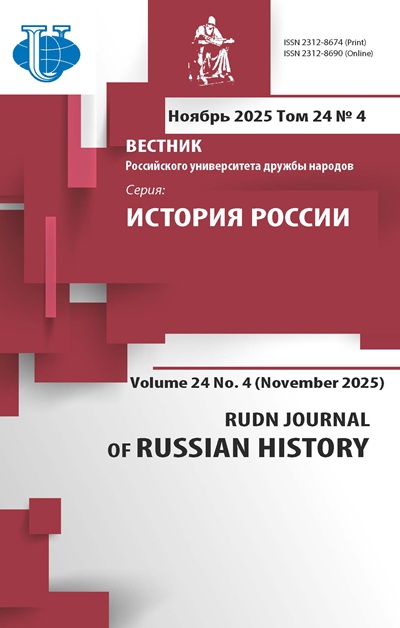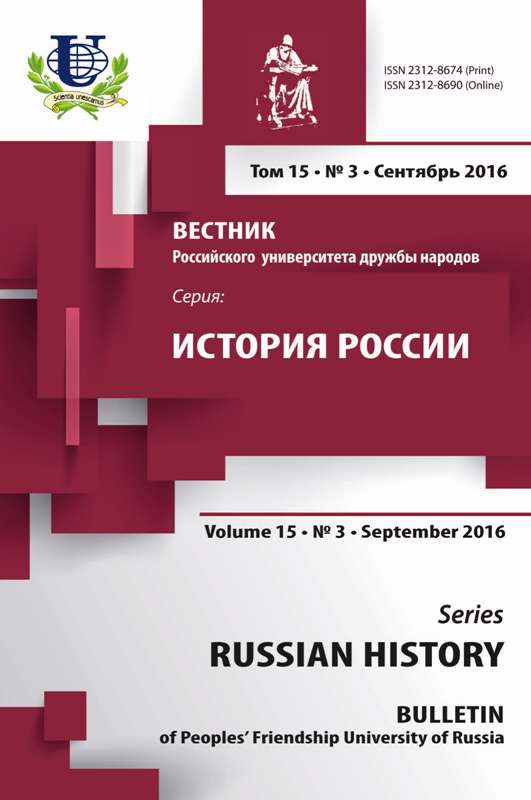ESCHATOLOGICAL CONCEPTS IN RUSSIA IN DISCOURSE OF POST-SOVIET TRANSFORMATIONS
- Authors: Bagdasarian V.E.1, Resnyansky S.I.2
-
Affiliations:
- Moscow State Regional University
- Peoples’ Friendship University of Russia
- Issue: Vol 15, No 3 (2016)
- Pages: 115-139
- Section: ARTICLES
- URL: https://journals.rudn.ru/russian-history/article/view/14381
- ID: 14381
Cite item
Full text / tables, figures
Abstract
In the article there is considered the eschatological discourse of Russia in the conditions of the post-Soviet transit. There are revealed social, economic, cultural and political factors of the growing interest in eschatology. The authors give the classification of modern eschatological concepts. There is put forth the hypothesis ofthe connection between the growing apocalyptical sentiments and the process of social transformations. The authors present proofs of the postmodernist essence of the modern eschatological interpretations contrary to the dogmatic religious positions of the Apocalypse. The problem of eschatology is contextualized in the history of Russia with the study periods of the middle ages and the new time. This approach is determined by a rigid connection between the eschatological perspective and the religious culture. The analysis shows that in fact eschatology can be produced in the secular type of society as well. The rise of the eschatological discourse has been clearly recorded since the end of the twentieth century.
Keywords
About the authors
Vartan Ernestovich Bagdasarian
Moscow State Regional University
Email: vardanb@mail.ru
Radio str., 10-1, Moscow, Russia, 105005
Sergey Ivanovich Resnyansky
Peoples’ Friendship University of Russia
Email: s-r44@yandex.ru
Miklukho-Maklay str., 10-2, Moscow, Russia, 117198
References
Supplementary files















